Have you ever felt those soulful eyes watching your every move, like a furry little detective? Dogs notice way more than we think—they read us like their favorite bedtime story. Whether you’re laughing, sighing, or just shuffling around in your slippers, your dog is picking up on every little detail. It’s both heartwarming and a bit humbling. Let’s dig into the 12 surprising things your dog is constantly observing about you, and how you can turn that amazing attention into an even closer bond.
Your Mood Swings
Dogs are expert mood detectives. They sense when you’re happy, anxious, or even a little blue, and their behavior shifts in response. Ever noticed how your dog snuggles up closer when you’re upset or bounces around when you’re excited? That’s no accident. Dogs pick up on subtle cues—your tone of voice, the way you move, or even how hard you hug your pillow. Their super-sensitive noses might even detect changes in your scent when you’re stressed or sad.
Paying attention to your mood also helps your dog figure out when it’s time to play or when it’s best to be gentle. If you’re feeling down, your pup might nuzzle your hand or rest their head on your lap, quietly offering comfort. If you’re bursting with energy, they might fetch their favorite toy, ready to join in the fun. It’s like having a built-in emotional barometer with a wagging tail.
Your Daily Routine
Dogs are creatures of habit, and they track your daily routine like a little timekeeper. They know when you wake up, when you grab your keys, and when dinner is usually served. If you change your schedule, don’t be surprised if your dog looks puzzled or anxious. Their internal clocks are set by your actions—morning walks, meals, and bedtime cuddles all become sacred rituals.
This watchfulness isn’t just adorable—it helps your dog feel secure. Predictability means safety in the dog world. If you suddenly start working late or skip the evening walk, your dog might pace, whine, or even act out. Keeping a steady routine not only helps your dog relax but also strengthens the trust between you. You’re their anchor, and they’re always watching to see what’s next.
Your Body Language
If words are only part of the story, body language is the whole novel for dogs. They notice the way you stand, sit, or reach for things. A stiff posture might make them wary, while relaxed shoulders can invite them in for a cuddle. Dogs are so tuned into nonverbal cues they can sometimes predict your next move before you make it!
For example, if you sigh and slump onto the couch, your dog may quietly join you, sensing you need company. Quick, excited movements might spark a playful response, while slow, heavy steps could prompt concern. By watching how you move, your dog learns to adapt—ready to offer comfort, join the fun, or just keep a respectful distance, all based on your silent signals.
Your Tone of Voice
Your voice is like a musical score, and your dog is listening to every note. It’s not just about what you say, but how you say it. A cheerful, high-pitched “Good boy!” sends a clear message of praise, but a sharp, low “No!” tells your pup to stop in their tracks. Dogs are incredible at picking up on these vocal cues, even if they don’t understand every word.
This sensitivity to tone is why yelling can be so confusing or upsetting for them, even if it’s not directed at them. On the flip side, a calm, soothing voice can reassure your dog during thunderstorms, vet visits, or other stressful moments. Being mindful of how you speak helps you connect with your dog in a way that words alone never could.
Your Health and Wellbeing
Dogs have a knack for noticing when something’s physically off. Some pups even train as medical alert dogs, but even the average family dog can spot changes. If you’re limping, coughing, or just not yourself, your dog might hover more or seem extra attentive. They can pick up on changes in your scent, posture, or energy levels, often before you realize something’s wrong.
Real-life stories abound of dogs alerting owners to health problems—some have even nudged their humans to get checked out after detecting subtle changes. Pay attention if your dog acts differently around you; sometimes, they notice what you miss. Their concern is heartfelt, and it’s another sign of the deep connection you share.
Your Social Interactions

Your dog is always watching how you interact with other people. Whether you’re chatting with friends, hugging family members, or arguing on the phone, your pup is taking notes. They often learn who is “safe” and who might be a stranger by observing your reactions. If you greet someone warmly, your dog may wag their tail and approach. If you’re tense or upset, they might hang back or act protective.
This observation isn’t just curiosity—it’s part of their instinct to keep you safe. Dogs often mirror your emotions around others, so if you’re calm and welcoming, they tend to be as well. On the flip side, if you’re uneasy, your dog might bark or stand guard. They see themselves as your loyal protector, always on the lookout for your wellbeing.
Your Attention (or Lack of It)
Dogs crave your attention like sunshine on a chilly day. They notice when you’re focused on them and when you’re distracted by screens or chores. If you’ve ever caught your dog staring at you while you’re scrolling on your phone, you know the look—they’re longing for a moment of connection. Ignoring them for too long can lead to boredom or even mischief, as they try to get you to notice them again.
Giving your dog regular, undivided attention—even just a few minutes of play or eye contact—makes a world of difference. They thrive on feeling seen and valued. When you engage with them, whether it’s a game of fetch or a gentle belly rub, you’re speaking their love language. It’s a simple way to keep your bond strong and your dog’s tail wagging.
Your Stress Levels
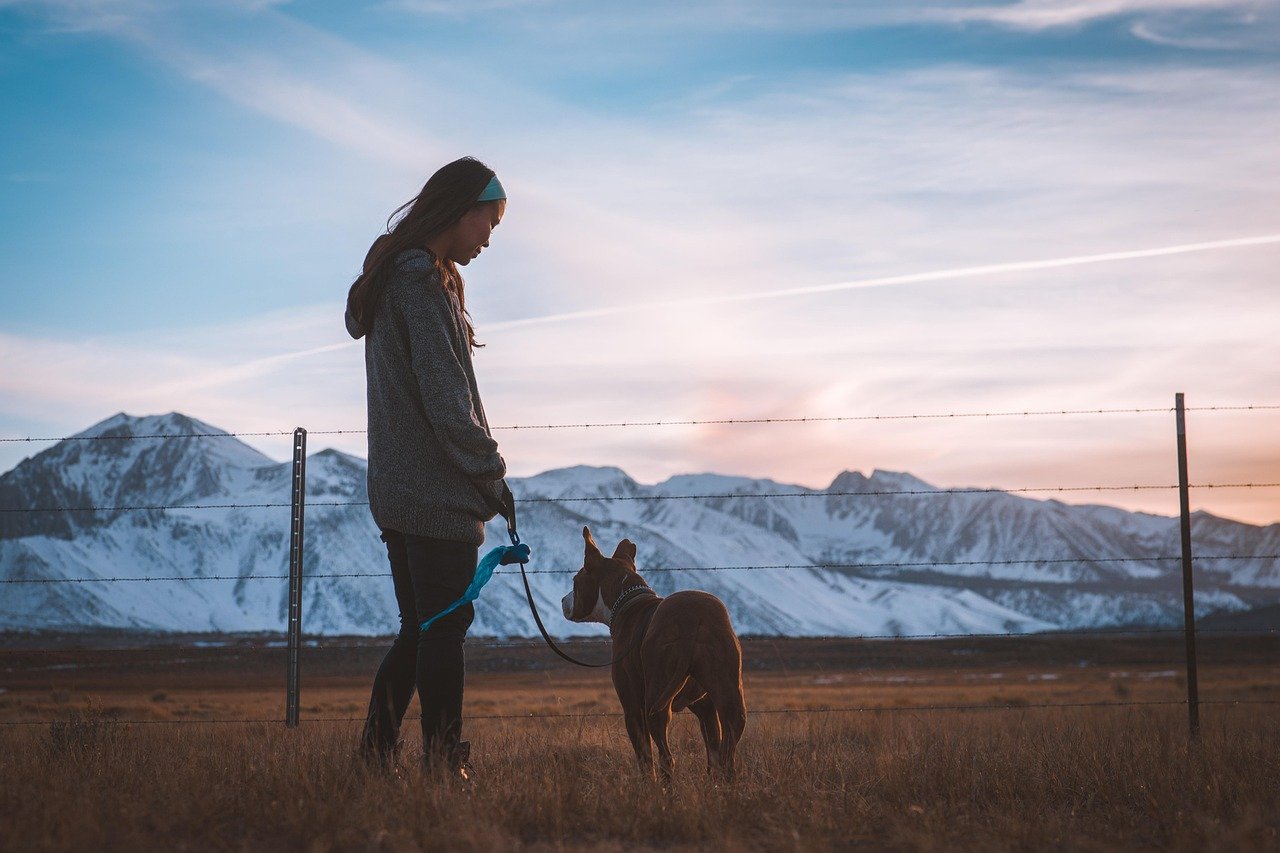
Stress is contagious, and your dog feels it right along with you. They pick up on your anxious habits—pacing, fidgeting, or short tempers—and it can make them uneasy too. Some dogs react by becoming clingy, while others might withdraw. If you’re stressed for long periods, you might notice changes in your dog’s appetite, sleep, or behavior.
It’s important to remember that managing your own stress isn’t just good for you—it’s good for your dog. Try to create peaceful routines and take time for relaxation together, like gentle walks or quiet snuggle sessions. Your calm energy can help soothe your dog, creating a comforting feedback loop that benefits you both.
Your Rules and Boundaries
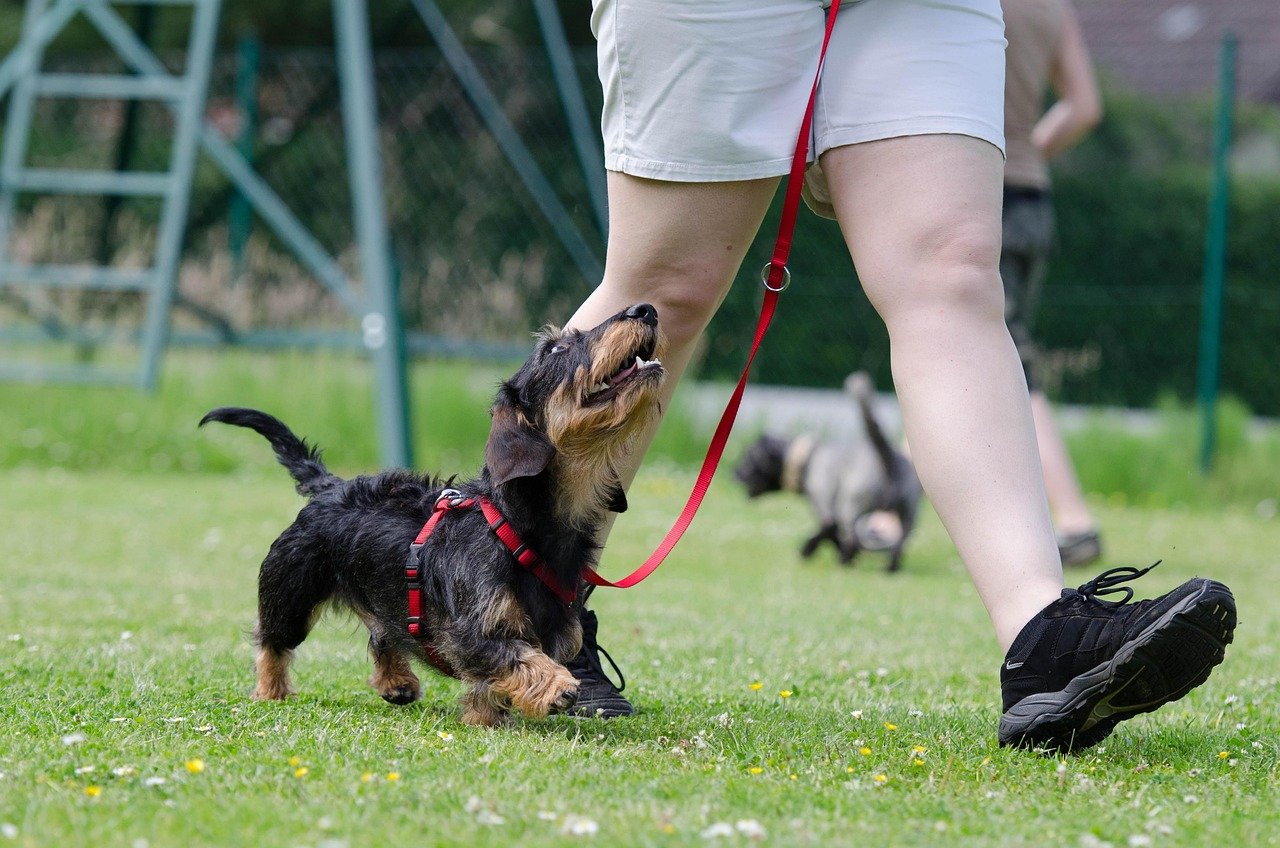
Dogs are always testing and observing what’s allowed and what’s not. If you let them on the couch one day and scold them the next, they’ll get confused. Consistency is key. Your dog watches how you enforce rules, and they quickly learn what works to get your attention or treats. Sometimes, they’ll push boundaries just to see your reaction, like a curious toddler.
Clear, consistent boundaries help your dog feel secure. They know what to expect, which reduces anxiety and prevents unwanted behaviors. If your dog seems to “forget” the rules, it’s usually a sign they’re confused or seeking clarity. Take a moment to gently reinforce expectations, and remember to celebrate good behavior with praise or treats.
Your Feeding Habits
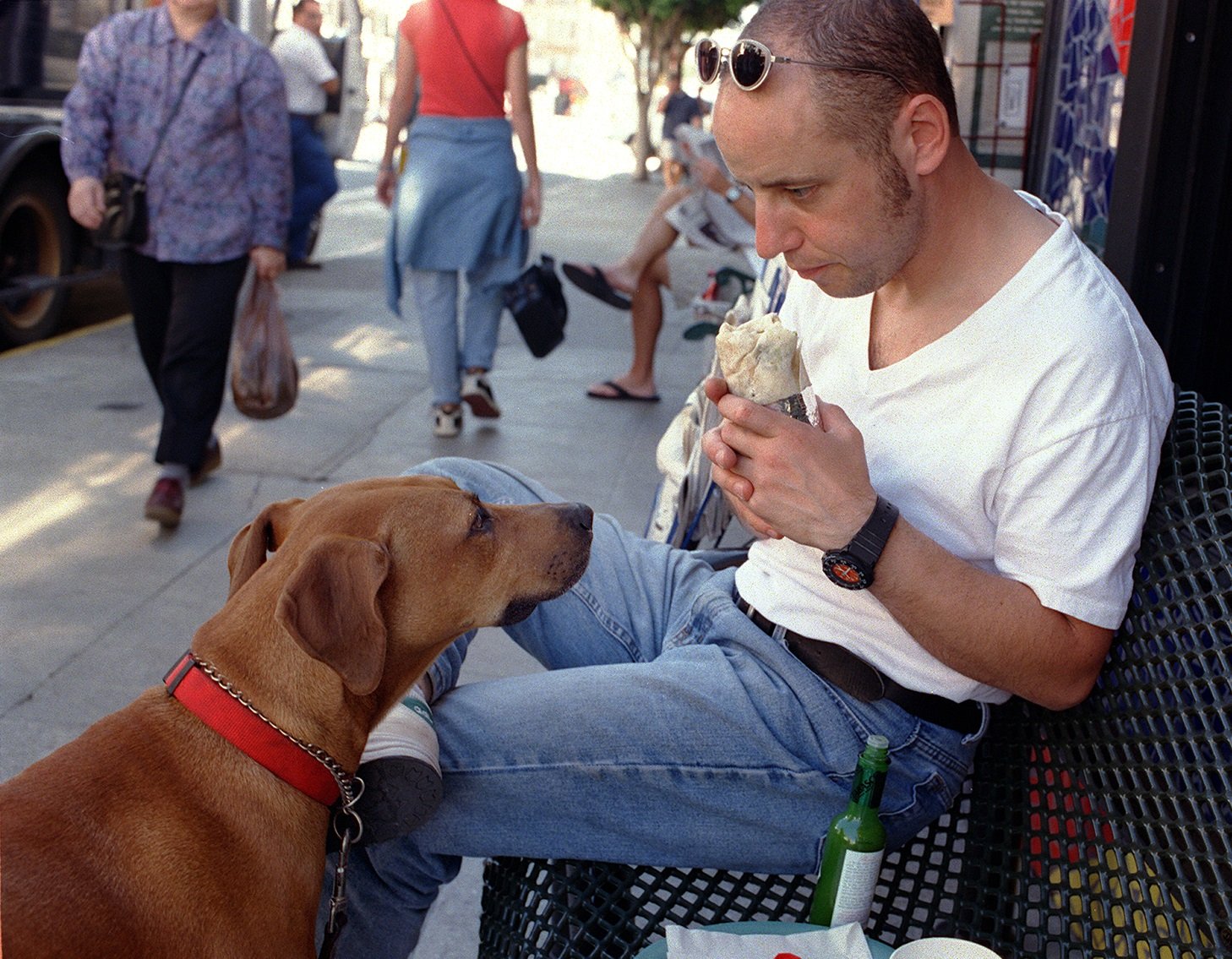
Mealtime is a big event in your dog’s world, and they’re always paying attention to how, when, and what you eat. They notice if you sneak snacks, change your routine, or share a bite from your plate. Some dogs are so attuned they can predict dinner time down to the minute! They also watch your eating habits for clues about their own meals—if you’re eating, they hope it means food is coming for them too.
It’s easy to fall for those pleading eyes, but be cautious about sharing table scraps. Human food can upset your dog’s stomach or even be dangerous. Stick to healthy treats and a consistent feeding schedule. Your dog will appreciate the predictability, and you’ll avoid begging or health issues down the road.
Your Affection and Reactions
Dogs are deeply affected by the affection you show—or don’t show. They notice how often you pet them, cuddle, or speak kindly. A dog who gets regular, gentle affection feels more secure and loved. On the other hand, if your attention wanes, they can become withdrawn or anxious. Some dogs will nudge you for more love, while others will quietly wait, hoping for a kind word or pat.
Your reactions to their behavior matter, too. Positive reinforcement—praise, treats, or belly rubs—teaches your dog what actions make you happy. Harsh words or ignoring them can have the opposite effect. Make it a habit to notice and celebrate the good moments, no matter how small. Your dog will blossom with the encouragement and return the love tenfold.
Your Energy Levels
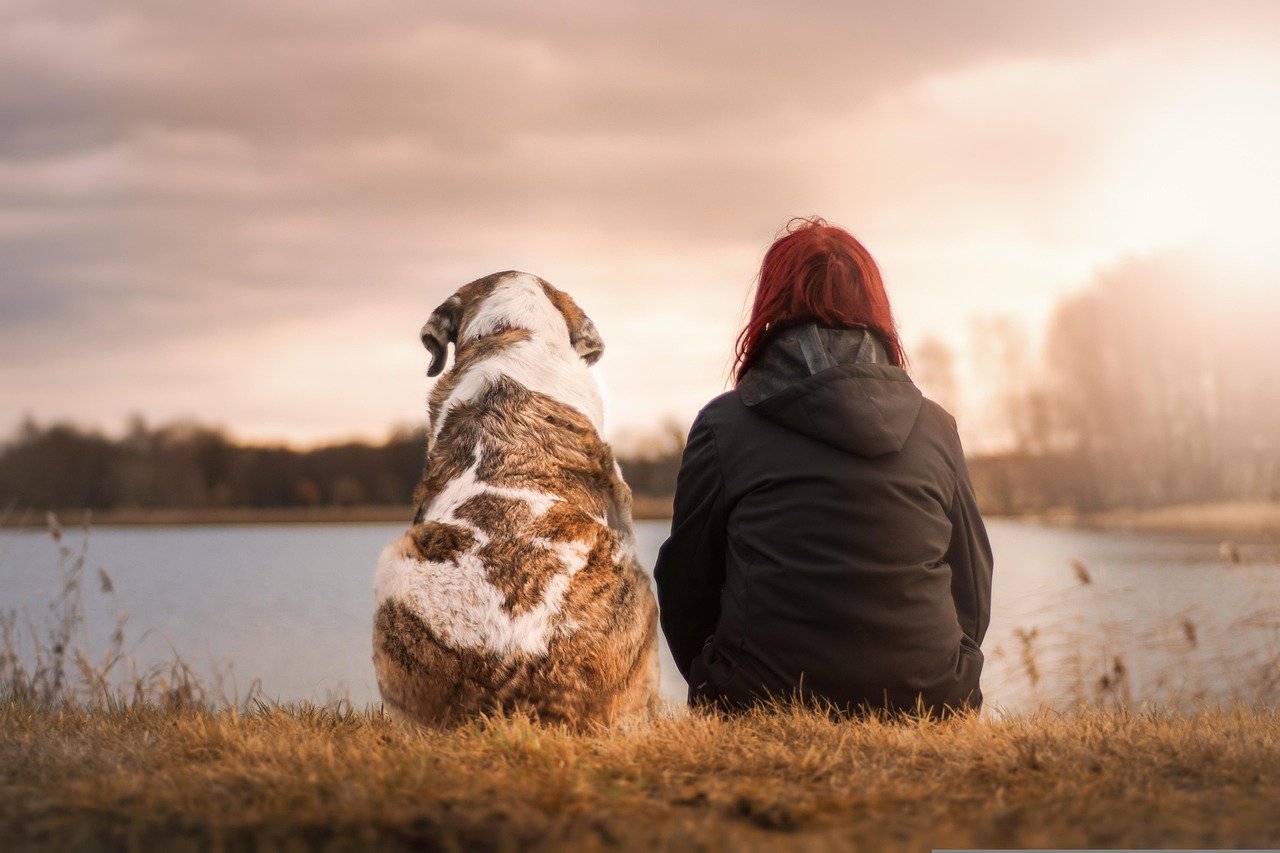
Dogs are incredibly sensitive to your energy. If you’re lively and playful, your dog will often mirror that excitement, leaping into games with endless enthusiasm. If you’re tired or sluggish, they may curl up beside you for a nap, matching your pace. This ability to sync up with you is one of the most magical parts of the dog-human bond.
On days when you feel off or drained, don’t be surprised if your dog is a little quieter too. They love nothing more than being in tune with you, whether it’s a marathon run or a lazy Sunday on the couch. Recognizing these shifts in energy can help you plan activities that suit both your needs, keeping your pup happy and healthy.
Your Absence and Return
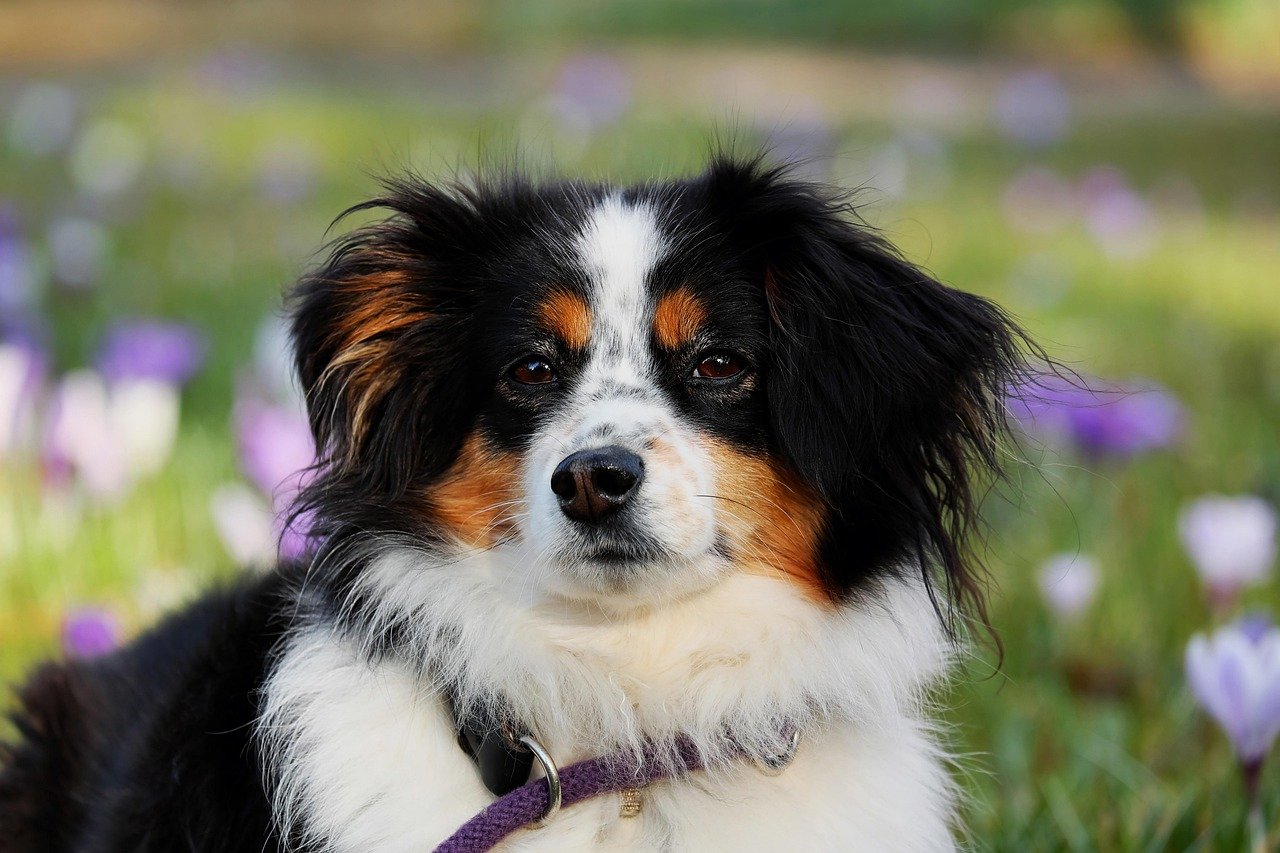
Leaving and coming home is a big deal in your dog’s world. They watch for signs you’re about to leave—grabbing keys, putting on shoes—and react with anything from quiet resignation to dramatic protests. When you return, their joy is often explosive, complete with wiggles, jumps, and happy noises. This isn’t just about missing you; it’s a sign of how much you mean to them.
Separation anxiety can develop if your absences are long or unpredictable. To help, create calm hellos and goodbyes, and stick to routines where possible. Leave a favorite toy or treat to comfort your dog when you’re away. Remember, your presence is the highlight of their day—those loving greetings are their way of saying, “I’m so glad you’re back!”

Born and bred in South Africa, a Capetonian at heart. Amy-Leigh’s love for nature and animals was inherited from her Dad. He loves taking the family on road trips to experience nature at its finest; Amy-Leigh’s favourite being whale watching in Hermanus and spotting Kudu along the West Coast. Amy-Leigh holds a BA in English Literature and Communication Studies.





